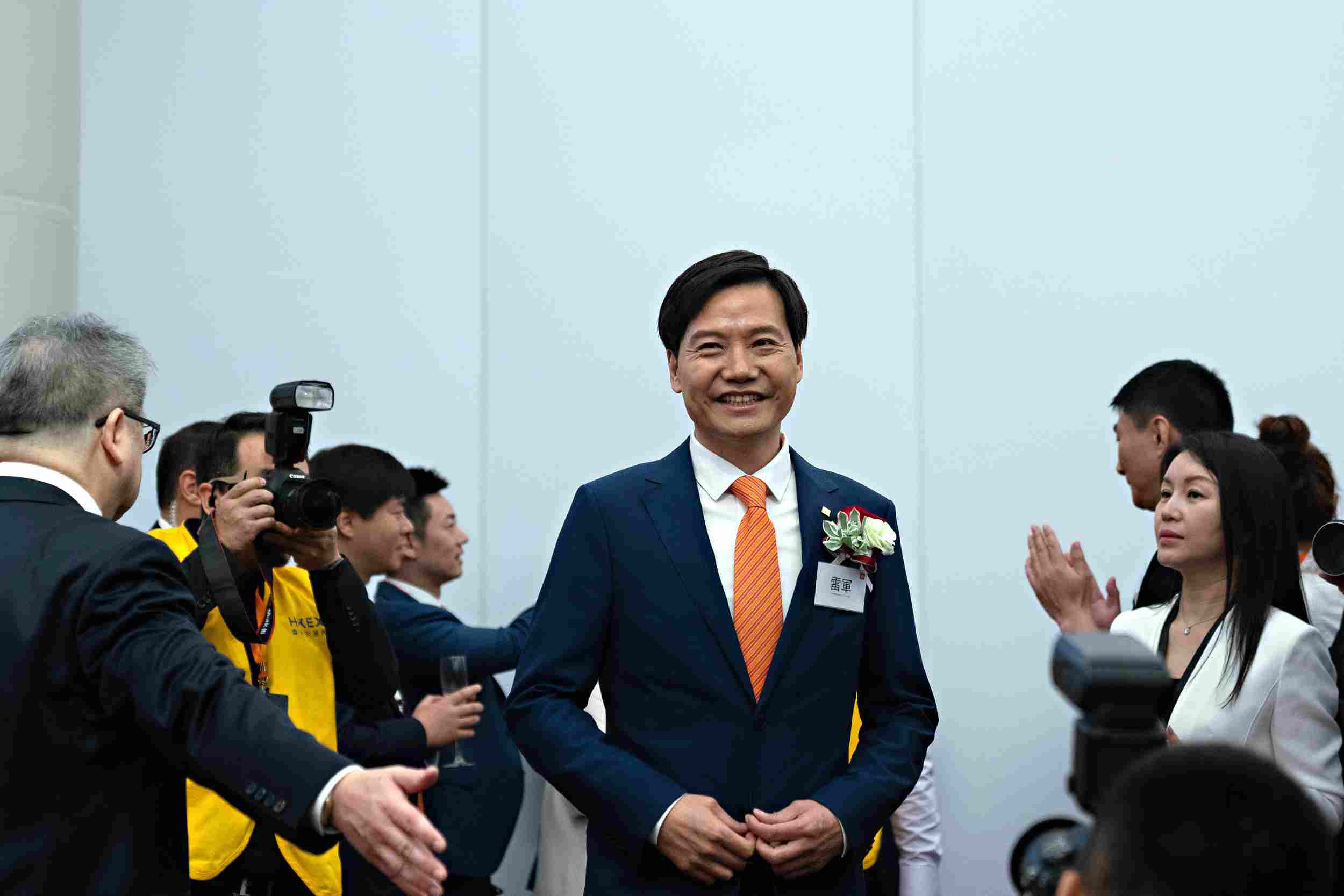
Business
17:57, 09-Jul-2018
Start-ups still want IPOs despite valuation drops
Updated
17:33, 12-Jul-2018
Chen Tong
01:59

Internet unicorns have been drawing a lot of attention with their IPO plans as their rapid rise has given them high valuations in the run-up to a listing. Analysts say that listing may bring the companies more funding, but may also bring a drop in their valuations once they enter the market.
Xiaomi's issue price today was 17 Hong Kong dollars per share, making its valuation 380 billion Hong Kong dollars, much lower than its previous market valuation. The same was true of U-Xin, the online car dealer who listed in New York at the end of June. The company's cost dropped significantly at its debut.
Experts believe that the sluggish fiscal performance of these companies is what's leading to the drop in their valuations.
“When more and more similar companies enter the market, their valuations will definitely drop. Because investors have more choices,” said Yang Zhongning, investment consultant of Industrial Securities, “we still have to keep an eye on their long-term performance after the IPO excitement fades. But even at the moment, the share prices of these companies are under pressure.”

Lei Jun, chairman and chief executive officer of Xiaomi Corp., center, attends the company's listing ceremony at the Hong Kong Stock. / VCG Photo
Lei Jun, chairman and chief executive officer of Xiaomi Corp., center, attends the company's listing ceremony at the Hong Kong Stock. / VCG Photo
Young companies looking for financing have been encouraged by the government's support for unicorn companies. The new policy of the Hong Kong Stock Exchange welcomes start-ups even if they cannot show much of a profit record.
Experts expect more China companies to IPO listing in Hong Kong. Consulting firm Deloitte predicts that about 15 China unicorn companies will issue IPOs in Hong Kong in the second half of this year.
“Some of the internet start-ups are still focusing on working out their business models, so they haven't made any profits. Getting enough public finance to support their future development is more or less helpful to them. So they are looking at things in the long term,” said Shao Yu, chief economist of Orient Securities.

SITEMAP
Copyright © 2018 CGTN. Beijing ICP prepared NO.16065310-3
Copyright © 2018 CGTN. Beijing ICP prepared NO.16065310-3